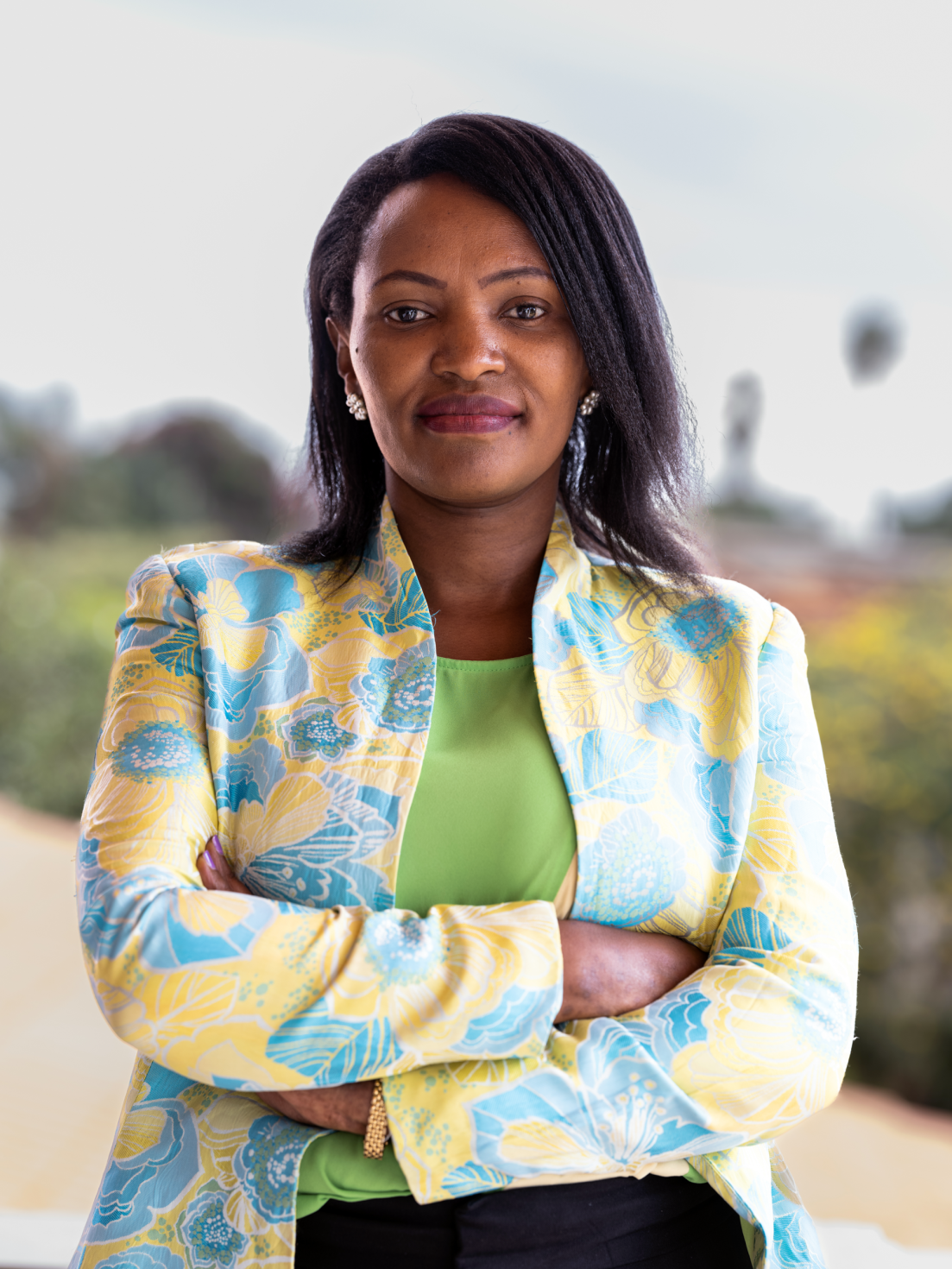Judie Kaberia - Kenya Collapse

"To be a woman journalist is not easy. We must learn to say NO, to develop a thick skin, to work very hard – 1000 times harder than men. We must remain professional and persistent. In order to remain relevant and rise in our careers, we must promise ourselves not to give up, but focus on the goal and get ready to fight the hurdles we meet."
Listen to Judie telling her story here:
Working as a woman journalist in Kenya was not easy. First you struggle with proving that you are indeed a professional. Most times we are treated like sort of flower girls, or bystanders to watch a news source, or someone waiting to be requested to go on dates by politicians. As a result of this treatment, I stopped going to the Parliament to report because I was tired of turning them down and being reported by politicians to my editors that I was rude and unfriendly. I also faced sexual and physical assault from a member of parliament (MP). I had gone for a one-on-one interview at a hotel, and my source (MP) had everything planned. A struggle ensued as I tried to escape - which I fortunately succeeded in doing. The worst part of all this is, that even when I reported it to my editors, who were all men, they seemed not to understand why I did not want to cooperate. Maybe it was not their fault, it is just that our culture normalizes sexual harassment.
I have also experienced online harassment during my work as a journalist. In 2013, I was trolled online for three days because I did a political story where I unearthed a political lie. I was attacked online by senior political leaders who hired keyboard warriors to tear me into pieces using words and caricatures to demean, demonise and make fun of me. The attacks were mostly about my sexuality and my family – very personal and intrusive. I resigned but my resignation was turned down. I took a three week leave and planned never to work in the media again. Within those three weeks, I was sliding into a depression. I started believing some of the things posted about me. Without my friends and family who helped me get help, I do not know what would have happened.
UNESCO has given me and many other women in the media a platform and opportunity to share our personal experiences as media professionals. They funded a project to document sexual harassment against women journalists and also helped me lead a campaign to raise awareness about sexual harassment in the media. The support we receive from like-minded organisations keeps me motivated. But I am also motivated to continue fighting for women’s rights. I have been through this journey and I know many other women need me and my story to help them remain resilient and aware of their rights. They have the power to say no to ill treatment, especially behaviours that demean them as women.
To be a woman journalist is not easy. We must learn to say NO, to develop a thick skin, to work very hard – 1000 times harder than men. We must remain professional and persistent. In order to remain relevant and rise in our careers, we must promise ourselves not to give up, but focus on the goal and get ready to fight the hurdles we meet.
